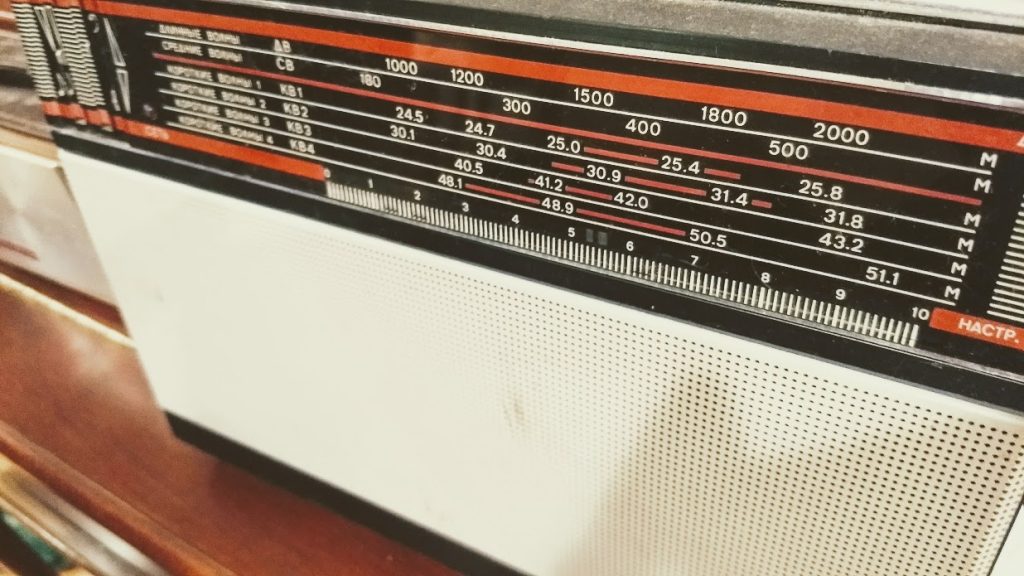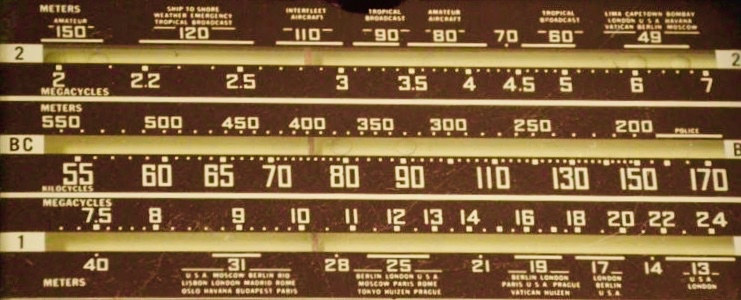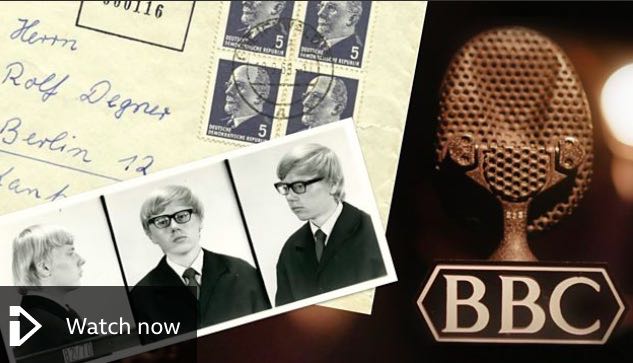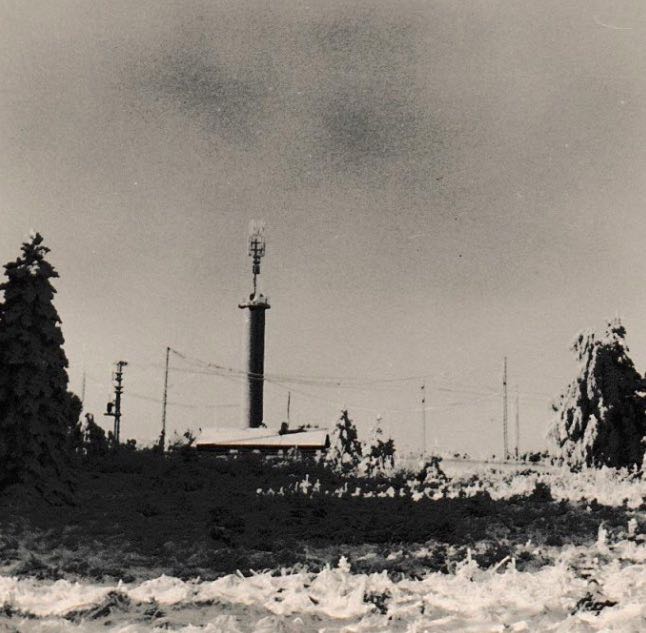
(Source: CNN via Tracy Wood)
(CNN) — It’s March 23, 1959. The radio waves crackle and broadcast begins: “Govorit Radio Svoboda” (??????? ????? ??????? – “This is Radio Liberty speaking…”)
From the other side of the Iron Curtain, the radio broadcasts of US-funded Radio Liberty reached deep inside the Soviet Union. This was an opening line destined to enter Cold War folklore.
What most of those clandestinely tuning in could not possible imagine is the unlikely location those broadcasts were coming from.
This quiet beach resort of Platja de Pals, Spain, tucked between the Mediterranean Sea and the greenery of pine groves and rice paddies, makes for an unlikely Cold War front line, but this is exactly the role it played for nearly half a century.
At this spot, some 150 kilometers north of Barcelona, Catalonia’s rugged Costa Brava opens up into a large bay lined by a long sandy beach, the perfect location for what was to be one of the most powerful broadcasting stations in the world.
Strategic location
In the mid-1950s, and after nearly two decades of international isolation for Francisco Franco’s Spanish dictatorship, the increasing tensions of the Cold War provided the background for a rapprochement between Spain and the United States.
In this new Cold War context, Washington took an interest in Spain’s strategic location. General Franco, himself a staunch anti-communist, was happy to oblige. In a landmark deal, the United States was provided with a string of bases on Spanish soil, while Franco’s dictatorship would see its relations with the West restored.
The setup of Radio Liberty’s broadcast station in Pals was a side effect of this new geostrategic reality.
From 1959 to 2006, this beach was home to 13 massive antennas (the largest of them 168 meters high, or more than half the size of the Eiffel Tower). This spot was favored not only because of the availability of space — the antennas were laid out in a mile-long line parallel to the shore — but also because it provided direct, unimpeded access to the sea. A physical phenomenon called tropospheric propagation makes it possible for radio waves to travel further over water.[…]
Click here to continue reading at CNN.
 Many thanks to SWLing Post contributor, Paul Evans, who shares the following short radio documentary from the BBC World Service:
Many thanks to SWLing Post contributor, Paul Evans, who shares the following short radio documentary from the BBC World Service:




